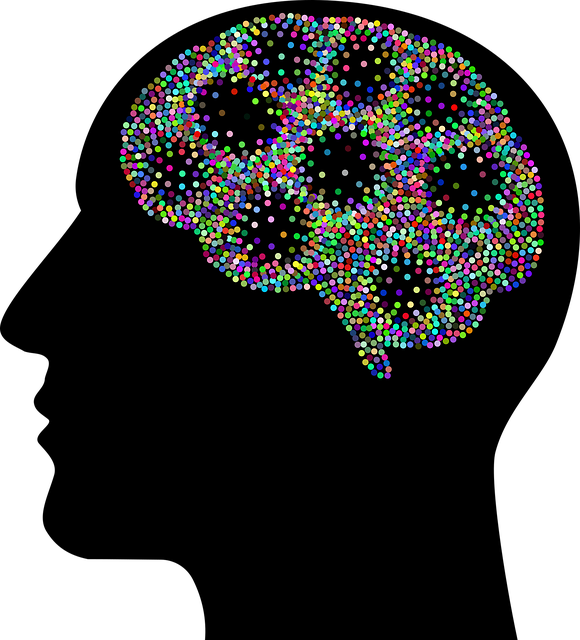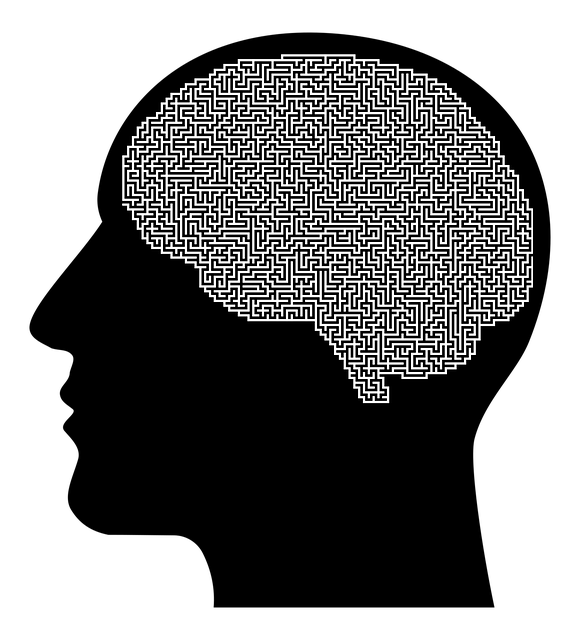In recent years, the German-speaking world has recognized the growing need for addressing children's mental health. While progress has been made with Trauma Support Services, there's an unmet demand for specialized children's mental health apps tailored to the unique needs of this region. Developers have an opportunity to create innovative Therapy for Children German Speaking apps offering engaging journaling exercises, gamification, burnout prevention strategies, and educational content. Robust data privacy measures are crucial. Effective development requires cultural sensitivity, and post-launch success hinges on strategic marketing, partnerships, user feedback integration, and community outreach.
The mental wellness of children is a growing concern in the German-speaking world. With a market gap in specialized support apps, there’s an urgent need for innovative solutions. This article explores the development of a Therapy for Children German Speaking app, addressing crucial mental health needs unique to this region. We delve into understanding local requirements, analyzing existing apps, and outlining essential features. A comprehensive strategy for successful implementation follows, guiding developers through launch and post-release strategies.
- Understanding Mental Health Needs of Children in the German-Speaking World
- Market Analysis: Existing Apps and Gaps in Child Mental Wellness Support
- Key Features for a Therapy for Children German Speaking App
- Development, Launch, and Post-Release Strategy for Successful App Implementation
Understanding Mental Health Needs of Children in the German-Speaking World

In the German-speaking world, addressing mental health needs among children has gained significant importance in recent years. The focus on childhood mental wellness is driven by a growing recognition that early interventions can have profound effects on long-term psychological well-being. Children and adolescents face unique challenges, including stress related to academic pressures, social dynamics, and the impact of family situations. Thus, tailored therapy for children in this region has become crucial.
Mental health professionals emphasize the importance of understanding cultural nuances when offering support services. German-speaking countries have made strides in providing Trauma Support Services, focusing on effective emotional healing processes and teaching emotional regulation skills to young individuals. These efforts aim to foster healthy development and resilience by addressing mental health issues early, ensuring children receive the necessary tools to navigate their emotional landscapes.
Market Analysis: Existing Apps and Gaps in Child Mental Wellness Support

The market for mental wellness apps is saturated, yet there remains a significant gap when it comes to specialized support for children’s mental health in the German-speaking regions. While numerous apps cater to adults seeking therapy and mood management strategies, options tailored specifically for children and adolescents are limited. This lack of targeted applications is especially concerning given the growing recognition of childhood trauma and its long-lasting effects on overall well-being.
Existing apps often fall short when it comes to addressing the unique needs of younger users, particularly those from diverse linguistic backgrounds. The dearth of German-language mental wellness apps providing crisis intervention guidance is notable, as this overlooks a substantial portion of the population who may face cultural or language barriers in accessing traditional therapy services. Filling these gaps presents an opportunity for developers to create innovative solutions that cater to the specific challenges faced by children and their families in the German-speaking community.
Key Features for a Therapy for Children German Speaking App

When developing a Therapy for Children German Speaking app, incorporating tailored features is key to its success and user engagement. The app should offer interactive mental wellness journaling exercises in both text and audio formats, allowing children to express their thoughts and feelings comfortably. Incorporating gamified elements can make these exercises more enjoyable, encouraging consistent use. Additionally, integrating burnout prevention strategies for healthcare providers, such as mindfulness practices or stress management techniques, can extend the app’s benefits beyond the child’s experience to support their caregivers’ mental wellness too.
Further enhancements include incorporating educational content about emotional intelligence and mental health in an age-appropriate manner. A feature allowing children to set personalized goals and track their progress over time, with options for sharing achievements with trusted adults, can foster a sense of accomplishment and accountability. Secure data privacy measures are essential to ensure the protection of sensitive user information, instilling trust among parents and caregivers.
Development, Launch, and Post-Release Strategy for Successful App Implementation

The development phase is crucial for a mental wellness app’s success. It involves meticulous planning and design to create an intuitive interface that caters to users’ needs, especially when targeting a specific demographic like children speaking German. Incorporating therapy techniques tailored to their language and cultural context ensures effectiveness. A robust feature set, including interactive games, mindfulness exercises, and progress tracking, can enhance engagement.
Post-launch, a strategic approach is vital. Marketing campaigns targeted at German-speaking communities can create awareness. Collaborating with mental health professionals and schools for feedback and implementation of the app in educational programs can drive adoption. Regular updates based on user feedback ensure ongoing relevance. Additionally, integrating a Community Outreach Program Implementation can foster a support network, encouraging users to share their experiences and learn from peers, thereby amplifying the app’s positive impact on mental health education.
The development of a Therapy for Children German Speaking app addresses a critical gap in the mental wellness support landscape. By leveraging technology, this app has the potential to make therapy more accessible and engaging for children in the German-speaking world. Incorporating evidence-based practices and tailored features can significantly impact positive outcomes. A successful launch and ongoing user engagement through post-release strategies will ensure its long-term effectiveness, ultimately contributing to improved mental health among Germany’s youth.














